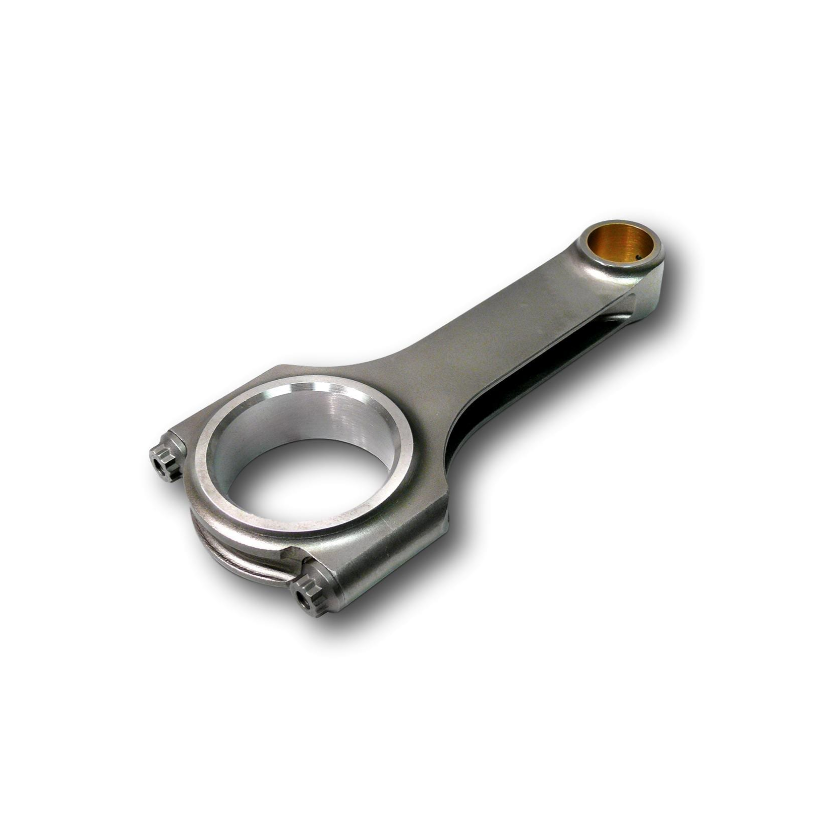Connecting rod bearing failure in an internal combustion engine often results from poor lubrication, overloading, contamination, or misassembly. These factors contribute to increased friction and wear, ultimately leading to bearing failure if not addressed promptly.

Factors Leading to Connecting Rod Bearing Failure
Poor Lubrication
Lubrication is vital for the smooth operation of the engine’s connecting rod bearings. If the lubricant is of poor quality, or if the lubrication system fails, it can result in metal-to-metal contact, increasing friction and heat. This excessive heat can then cause the bearing material to degrade or fail.
Ensuring the correct use of high-quality engine oil and regular oil changes can help maintain proper lubrication and reduce the risk of bearing failure.
Overloading
Connecting rod bearings can fail due to the engine being operated under loads or speeds beyond its design capacity. Excessive loads or RPM can cause extreme pressure on the bearing surfaces, leading to their premature wear or failure.
It is important to operate engines within their specified load and speed limits to avoid such scenarios.
Contamination
Contaminants in the engine oil, such as metal particles or dirt, can cause abrasive wear on the bearing surfaces. Over time, these contaminants can lead to the failure of the connecting rod bearings.
Regular oil changes and the use of high-quality oil filters can help to minimize contamination and protect the bearings.
Misassembly
Faulty installation or incorrect assembly of connecting rod bearings can also lead to their premature failure. Misalignment, improper torqueing, or using wrong size bearings can put undue stress on the bearing surfaces, causing them to wear or fail prematurely.
Proper engine assembly by trained professionals is essential to ensure the longevity of connecting rod bearings.
| Cause | Description |
|---|---|
| Poor Lubrication | Insufficient or poor-quality lubrication leading to metal-to-metal contact |
| Overloading | Excessive engine load or speed leading to extreme bearing pressure |
| Contamination | Contaminants in the engine oil causing abrasive wear |
| Misassembly | Incorrect installation or assembly of bearings leading to undue stress |
Consequences and Detection of Connecting Rod Bearing Failure
Failure of connecting rod bearings can have serious consequences for the engine. It can lead to increased engine noise, decreased engine performance, and potentially catastrophic engine failure.
Detecting bearing failure often requires keen attention to changes in engine behavior. Symptoms can include unusual engine noise (often a knocking or “metallic” sound), loss of engine power, increased oil consumption, or even a seized engine.
In the case of suspected bearing failure, it is crucial to have the vehicle inspected by a professional mechanic. If the bearings are found to be damaged or worn, they must be replaced promptly to prevent further engine damage.
